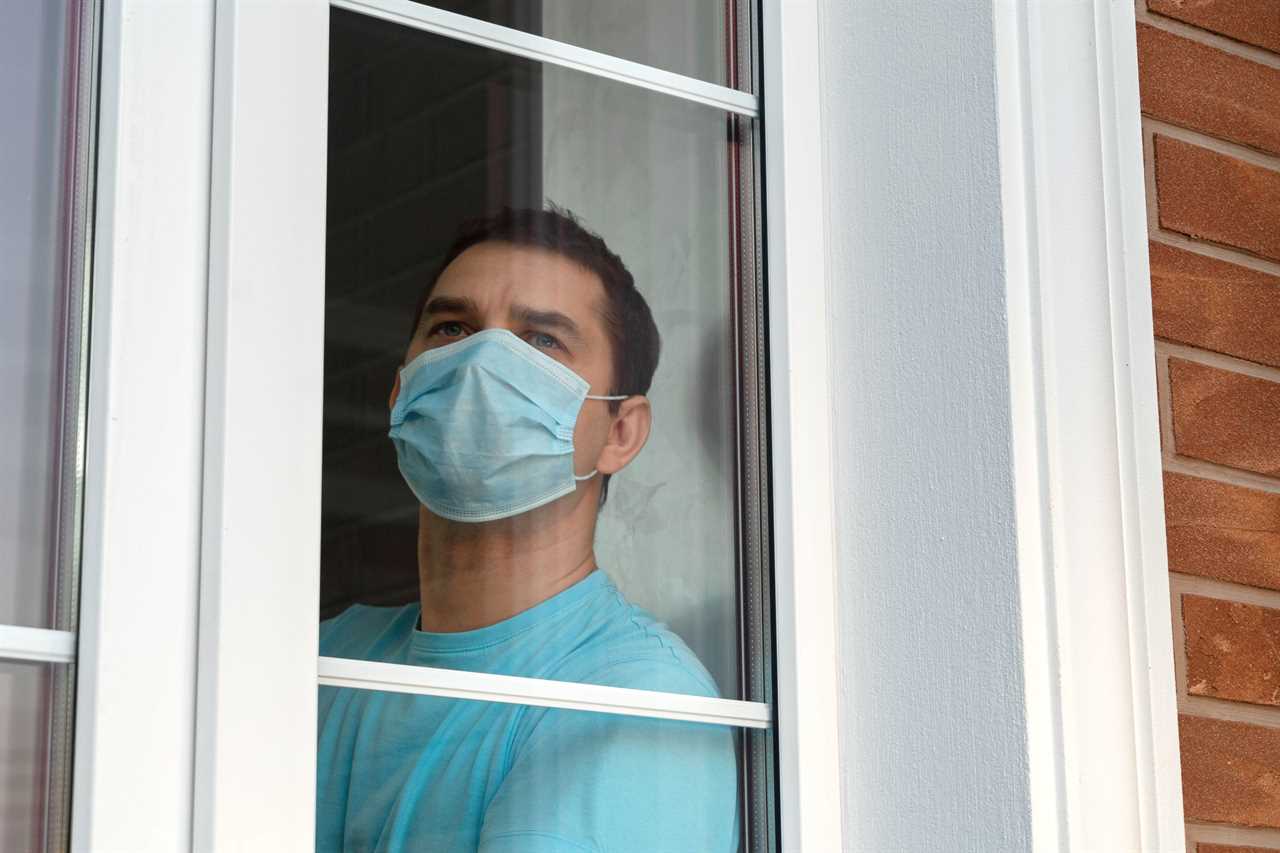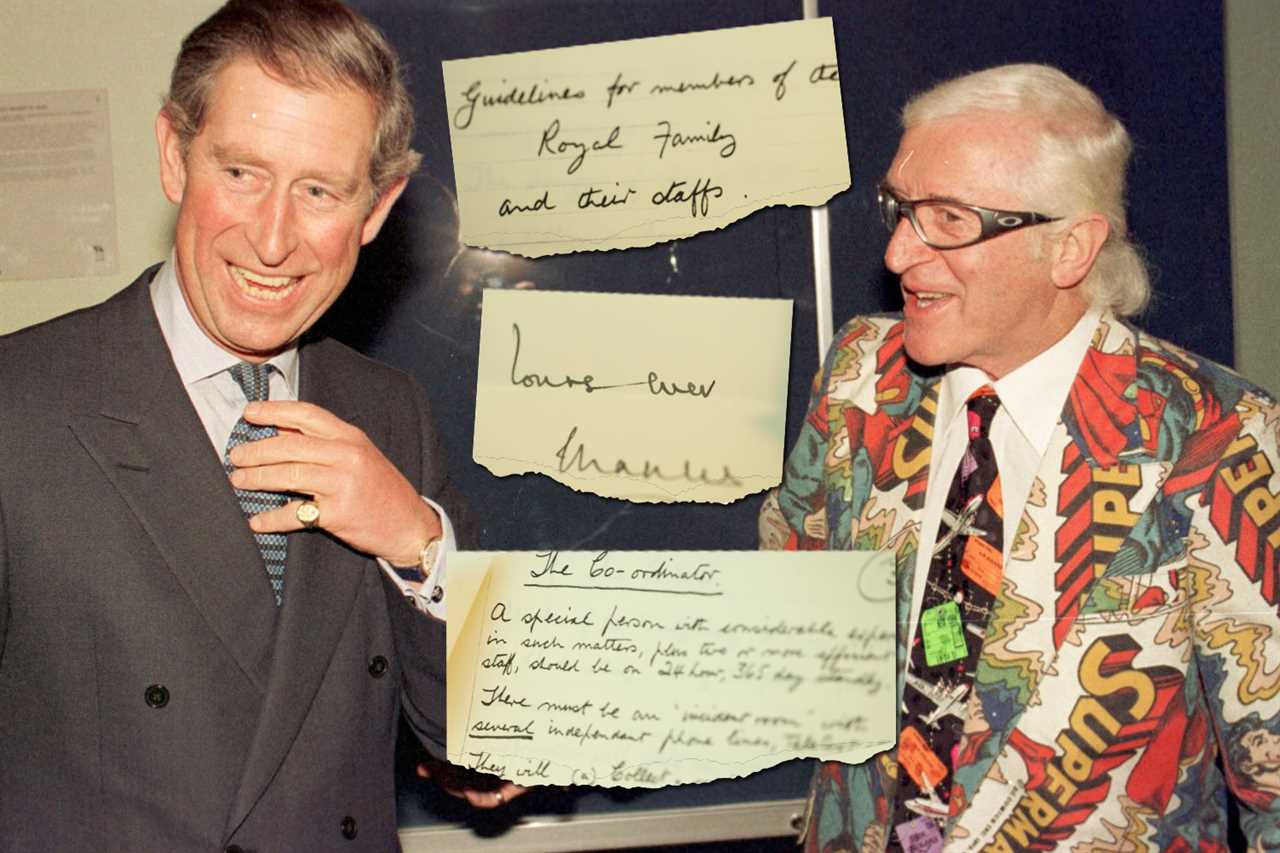THE NHS updated its official Covid symptom list at the weekend, for the first time in two years.
But there are some coronavirus symptoms missing which officials at the World Health Organization say are serious.

Nine new symptoms of Covid were quietly added on to the NHS website at the weekend, just after free testing was scrapped in England.
Previously, Brits were warned a high temperature, a new, continuous cough and a loss or change to the senses of smell and taste may be Covid, and warranted a free NHS test.
However, more possible tell-tale signs now feature on the list, after years of campaigning from experts.
Read more on coronavirus
As well as the three previously listed, potential symptoms include:
- Shortness of breath
- Feeling tired or exhausted
- An aching body
- A headache
- A sore throat
- A blocked or runny nose
- Loss of appetite
- Diarrhoea
- Feeling sick or being sick
The NHS website says: “The symptoms are very similar to symptoms of other illnesses, such as colds and flu.”
While the list is now more in-keeping with those from other leading health agencies, it misses off at least two symptoms listed by the WHO.
These are red, irritated eyes and a rash on the skin.
While the WHO says these are less common, the ZOE COVID Symptom Study says eye soreness is reported by a quarter of people with Covid.
The study also highlights chills or shivers as a common feature, affeting 36 per cent of the infected, dizziness (30 per cent) and lower back pain (23 per cent).
Meanwhile, some “serious” side effects of the virus have not been recognised by the NHS.
These are confusion, chest pain and loss of speech or mobility, the WHO says.
“Seek immediate medical attention if you have serious symptoms,” the world leading health experts say.
The Centres for Disease Control and Prevention (CDC) in the US also urges people to seek emergency help if they have these symptoms, as well as discoloured skin.
Confused?
Confusion is not considered a significantly common Covid symptom.
But it depends on the age of those infected, research suggests.
Also called delirium, the ZOE Covid Symptom Study says it is “a particularly important symptom of Covid-19 for elderly people, especially those who are frail”.
It said it affected around one in five people over the age of 65, prior to vaccines.
In 2020, the now axed Public Health England, which has been overtaken by the UK Health and Security Agency (UKHSA), updated its guidance to highlight delirium as a Covid symptom in the elderly.
It advised doctors to test for elderly people presenting with acute confusion for Covid.
However, the NHS has never recognised the symptom.
Chest pain
Chest pain is another serious effect of the virus as it replicates in the airways.
It may be less common now that vaccines have been able to dampen illness in the large majority.
However, the WHO and CDC say chest pain indicates you “should seek emergency medical care immediately”.
Read More on Trending In The News
Chest pain can also be a sign of a heart attack, particularly if it comes with a shortness of breath, sweating, feeling or being sick and pain in the arms, back, neck or jaw.
More commonly chest pain will be something less worrying, such as heartburn.










